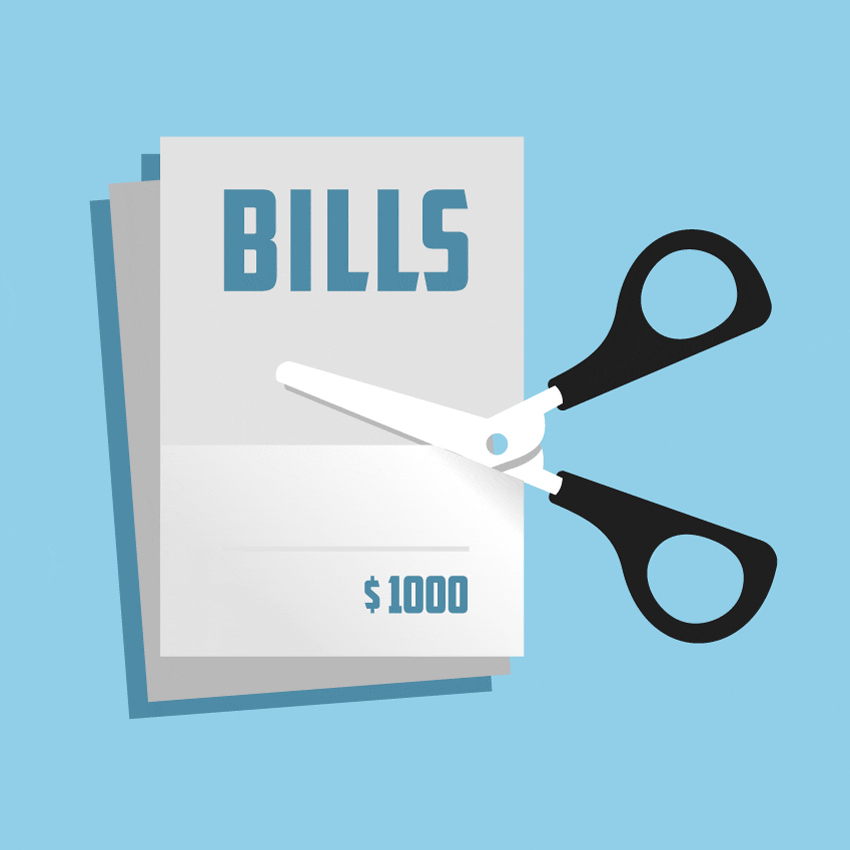Economic uncertainty is an unavoidable element of the financial environment, and being prepared to face unexpected challenges is critical to long-term financial health. This essay delves into financial crisis prevention measures, providing insights and specific steps for navigating economic challenges with resilience and foresight.

Building a Strong Emergency Fund
An emergency fund provides a financial safety net during difficult times. It is critical to clarify the purpose and significance of this fund, which is intended to pay essential living expenses for a set period. Establishing standards for setting up and keeping an adequate emergency fund ensures financial stability in the face of unforeseen circumstances.
Diversifying revenue streams
Individuals who rely entirely on one source of income may be more sensitive to economic downturns. Diversifying revenue streams protects against uncertainty, such as job loss or industry-specific issues. Exploring multiple revenue streams, such as side hustles, investments, or freelancing, boosts financial resiliency and decreases reliance on a single source.
Managing Debt responsibly
Responsible debt management is critical for crisis-proofing finances. Prioritising high-interest debt payments and minimising needless debt help to ensure financial security. Debt consolidation and renegotiating terms with creditors are two strategies that might help people deal with financial difficulties.
Investing for long-term stability
Strategic and diverse investments are critical for navigating economic uncertainty. Balancing risk and reward in investment portfolios allows a robust response to market fluctuations. Long-term investment methods, such as dollar-cost averaging and diversification, lay the groundwork for stability in tumultuous markets.
Budgeting Wisely: Reduce Unnecessary Expenses

A well-defined budget is a valuable tool during times of economic instability. Identifying and reducing needless expenses improves financial flexibility. Prioritising essential spending while reducing discretionary spending allows people to accumulate financial reserves and adjust to changing economic situations.
Enhancing employability and skill development
Continuous skill improvement is critical to increasing employability in dynamic economic environments. Acquiring new talents or improving old ones helps people stay competitive and adaptive. Investing in education and professional development prepares for job market changes and provides access to a wide range of employment options.
Insurance for Comprehensive Protection
Insurance is an essential part of financial safety. Comprehensive coverage, which includes health, life, property, and income protection, protects against unforeseen circumstances. Reviewing and updating insurance plans ensures adequate coverage in line with individual financial goals and circumstances.
Flexibility and Agility
Navigating economic risks requires cultivating a flexible and agile mentality. Individuals who are willing to alter their financial goals and tactics are better able to respond to changing economic situations. Flexibility in employment options, investment decisions, and lifestyle changes helps to ensure long-term financial stability.
Staying informed and seeking professional advice.

Staying current on economic trends is critical for making sound financial decisions. Regularly monitoring economic statistics and getting competent financial guidance can provide valuable insights into potential risks and possibilities. Professional coaching ensures that plans are tailored to individual financial goals and risk tolerance.
Mindful Spending and Lifestyle Adjustments
Mindful spending habits need careful analysis of financial decisions. Being aware of necessities versus wants and making deliberate spending selections helps to ensure financial security. During economic downturns, being willing to make essential lifestyle changes provides long-term financial stability.
Crisis-Proof Retirement Savings
Protecting retirement assets necessitates proactive steps during economic downturns. Diversifying retirement accounts, reassessing risk tolerance, and altering investment allocations can all help you maintain and increase your retirement money. Retirement plans are reviewed on a regular basis to ensure they are in line with changing economic situations.
Community Support and Networking
During times of crisis, community assistance is extremely important. Creating a network for mutual help and resource sharing increases resilience. Connecting with local communities, professional networks, and support groups encourages collaboration and offers emotional and practical help during difficult times.
Tax Planning for Financial Optimisation

Strategic tax planning helps with financial optimisation. Maximising tax efficiency through deductions, credits, and investment methods protects and expands financial resources. Tax planning techniques should be reviewed on a regular basis to ensure they are in line with changing financial objectives and tax legislation.
Conclusion
In conclusion, crisis-proofing finances necessitates a proactive and comprehensive approach. These measures, which range from emergency fund building and income diversification to smart investing and ongoing skill development, all contribute to long-term financial security. Individuals who stay informed, seek professional assistance, and cultivate a flexible mentality can navigate economic risks with resilience and foresight, laying a solid basis for their financial future.